Six Phrases to Learn for TV Broadcasting
If you have ever explored a TV station, then you have likely heard background chatter filled with slang that you could not quite understand. Much like other high-tech businesses, TV broadcasting uses very specific expressions and idioms. Different countries on various continents often use the very same expressions no matter where you go. This shows that it is imperative to be up-to-date and knowledgeable on broadcasting verbiage
Let’s take a look at six unique expressions you need to memorize ahead of your first job in the TV business.
• Put in a Wire
Not every TV broadcast is done from within the station. Often, you are going to handle interviews outside the studio. When this happens, you need to connect back to the studio, so you “put in a wire.”
This is a positive thing especially if it is intended for humorous purposes. It means that a broadcasting situation or remark brought about a belly laugh. This is not just the normal laugh, but one of those rib cracking laughs that make you run out of breath.
• Clambake
This is mostly a negative element that TV stations strive to avoid. The clambake is the plan, schedule, curriculum or bulletin that thoroughly breaks down because of insufficient groundwork. It falls apart on air and is filled with many on-air blunders and slip-ups. This goes to show why it is deemed crucial and important to revise and rehearse all material provided before going on-air in front of a live audience.
• Aircheck
While it sounds like something that is done prior to going on the air, “aircheck” actually refers to a recorded copy of a broadcast. Previously, these recordings were all analog, but these days some are digital as well.
• Billboard
This is a short announcement which identifies a sponsor of a certain portion of a broadcast. TV News shows often feature sponsors for traffic and weather reports and, lately, ESPN has featured a sponsor for their top plays on SportsCenter.
• Cross-Talk
This is also something that you should avoid at all times if possible. It refers to situations when the equipment you are using picks up TV or radio broadcasts from other sources. To avoid this, it’s crucial to make sure all your equipment is accurately connected and free of “cross-talk” before broadcasting.







